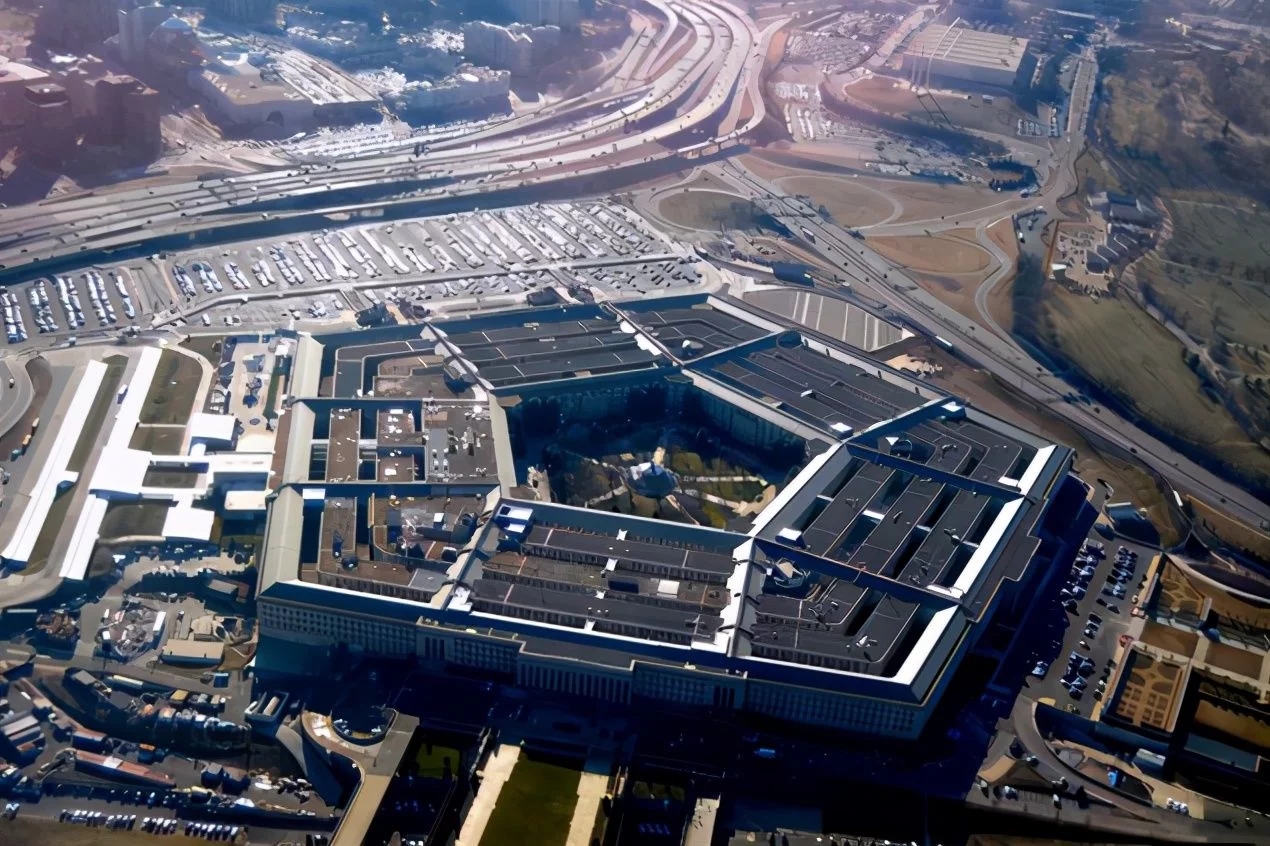
By Fang Xiaozhi
Recently, the Pentagon has recalled defense attachés from several African countries including Ghana and Equatorial Guinea, and the position of defense attachés in some US allied countries is being downgraded in rank. Such a move indicates Africa's downgraded position in America’s diplomatic strategy and that Washington will shift resources toward other priorities. However, it has been opposed by some officials at home, who said such a short-sighted move might damage the ties between the US and its important allies, and impede their anti-terror cooperation.
Africa has always been an important area of America's anti-terrorist operations. After the September 11 attacks, the US has continuously expanded military collaboration with African countries in the name of counter-terrorism. It has deployed military resources in Africa through the Bush administration's Lily-Pad Strategy and the Obama administration's light footprint strategy, and established the United States Africa Command in 2008.
At the moment, the US has more than 60 military bases distributed in 34 countries across Africa with a large military presence and a wide variety of flexible approaches. A small number of American troops are stationed at those bases, who the US military said are responsible for maintaining the bases and providing logistics supplies.
It must be pointed out that as the US's actions – pushing its global hegemony, maintaining massive military presence all over the world and stirring up conflicts and even wars – have led to the rampant growth of armed extremists, and the US troops themselves are also frequently prone to military attacks.
According to a report by the US military, the strength of the current terrorist organizations in Africa have exceeded that of the American troops stationed there combined with anti-terror capabilities in regional countries, and they have dragged US forces deep into the anti-terror "quagmire". Against such a backdrop, the Pentagon tries to withdraw a batch of military forces from Africa and shift its counterterrorism strategy in the region from "combatting" to "curbing".
In recent years, Washington has made it clear that it will heap its limited resources upon great power competition. Therefore, its Africa policy has been barely mentioned, and Africa diplomacy is even regarded as a "burden". Soon after Trump came into power, he withdrew all special envoys assigned to Africa during the Obama presidency, didn't nominate an assistant secretary of state responsible for African affairs for a long time, and left open the positions of American ambassadors to several African countries.
When US Secretary of State Pompeo visited Africa earlier, he mentioned a cut in America's military assistance to the region and a shift to their military cooperation on less resource-demanding projects, such as training, joint exercise, intelligence support and convening various meetings. All indicate substantial changes in America's military status and its operations in Africa. With Washington's shift of strategic focus to the Asia Pacific and its domestic political strife, the chemical weapons issue in Syria and the Iran nuclear issue, the superpower is having its plate too full to heed Africa.
In the long run, although Africa is not as strategically important as it used to be, the US will not easily give up this region, because it regards the Africa as an important source of strategic resources and a base for maintaining its national security due to the region’s special geopolitical values.
Moreover, considering the fact that Africa has become a competing field for countries like the US and Russia, the Pentagon will strive to maintain its military presence in the region.













